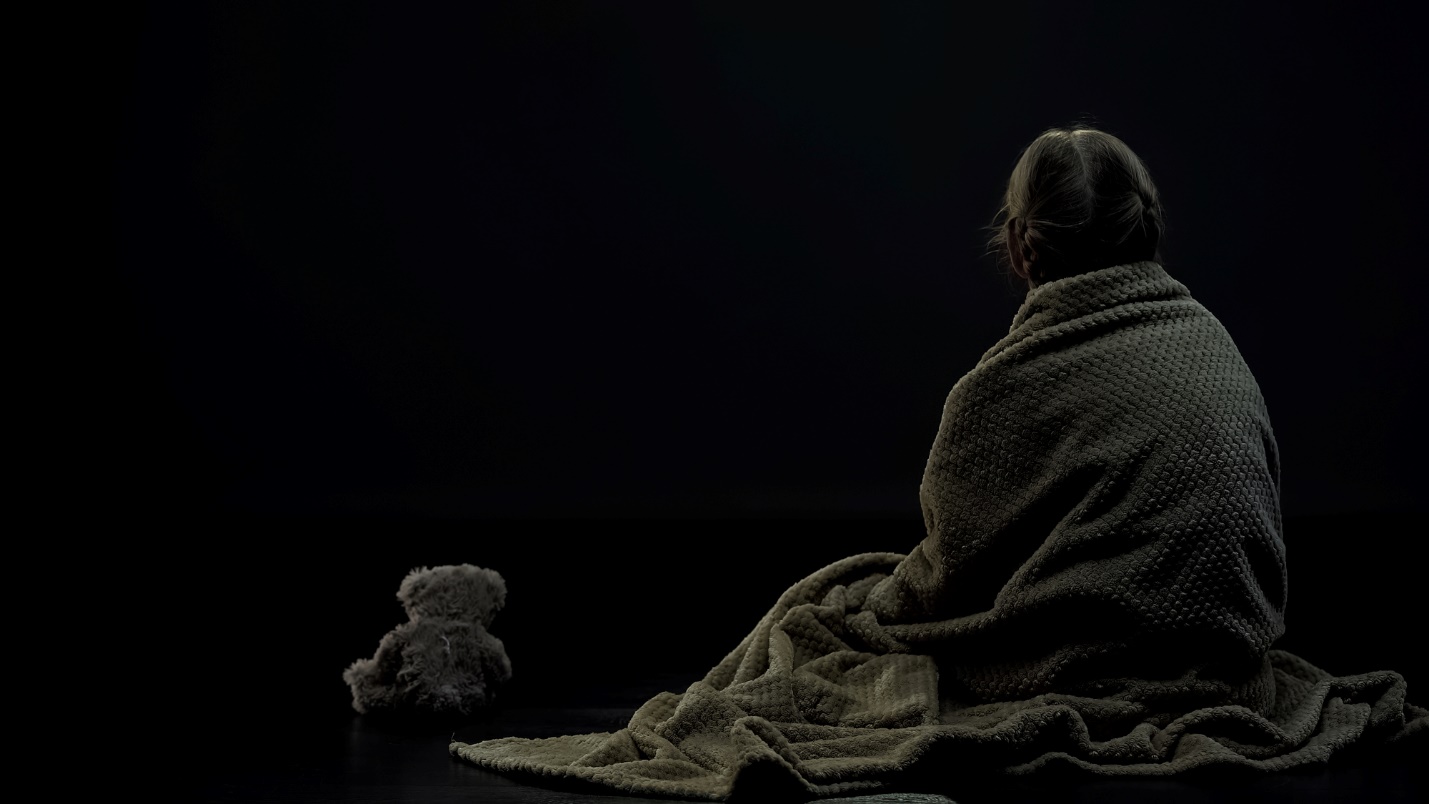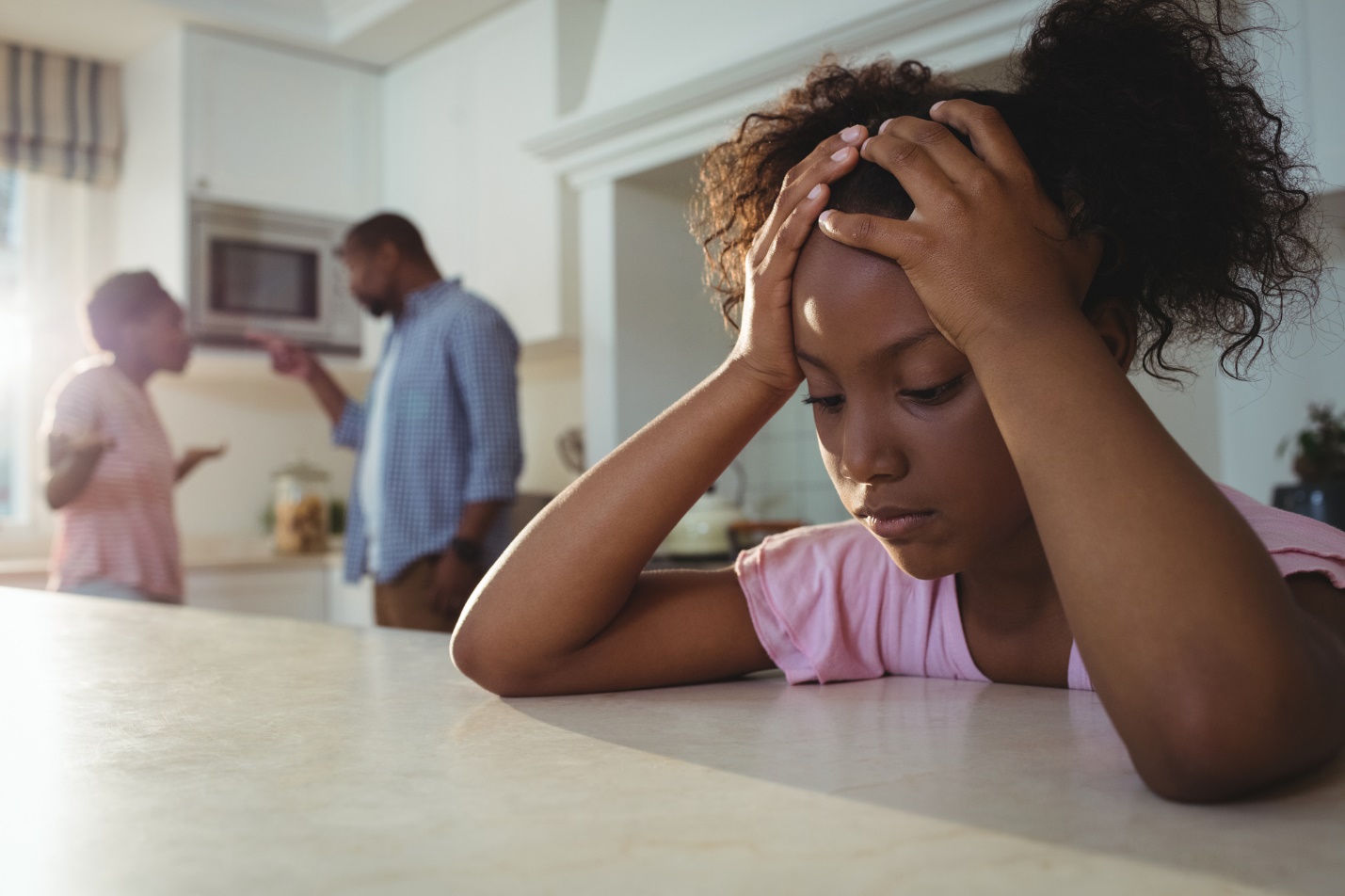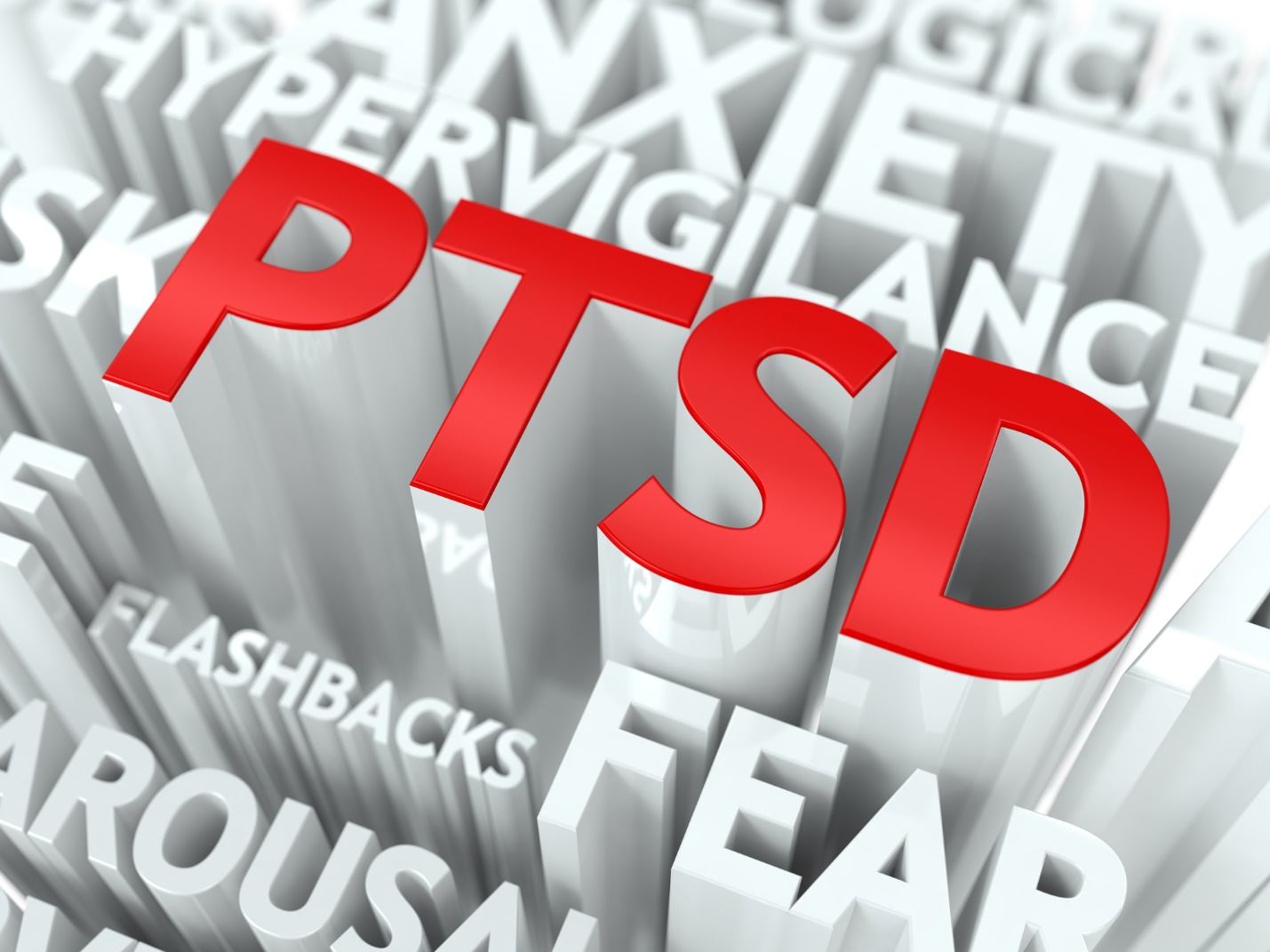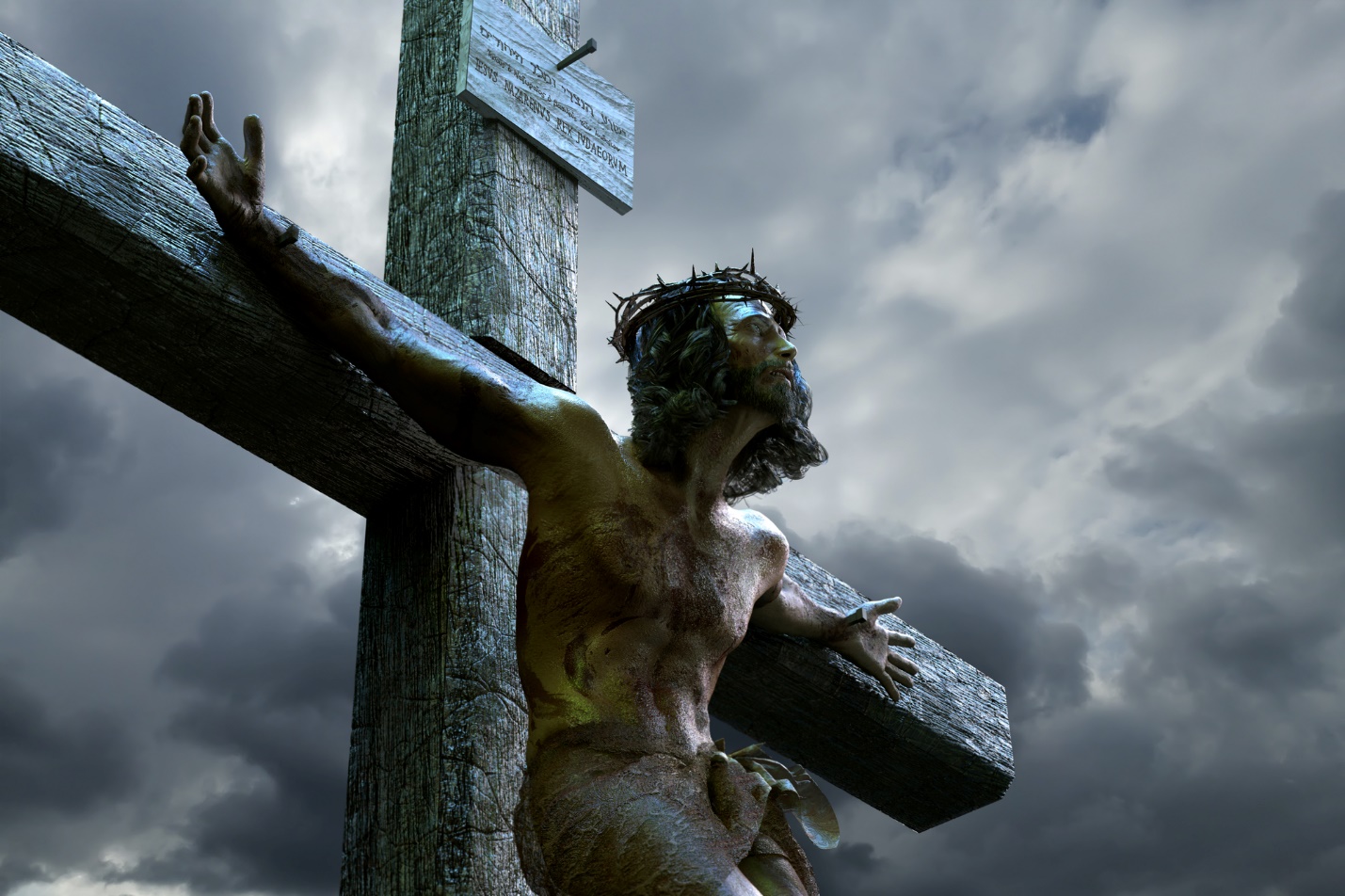BP48
Samantha heard it and felt it before she saw it.
At first, she thought it was a train. But that could not be possible—there wasn’t a railroad within five miles of her family’s hobby farm. As the increasingly loud noise approached, Samantha identified it as the rumbling of jet engines.
She opened her eyes as she lay in the darkness of her bedroom. Every instinct in her body told her to flee, but her body was frozen. She could not move. It was as if she was chained to her bed.
A few seconds later, the sound became material. It became so loud that it pounded the outside wall of the house like massive waves against a breakwater. Finally, she lifted her head off her pillow just enough so she could peer out her window into the darkness that inhabited her backyard.

The 2:00 AM moon generated enough light that Samantha could clearly see the dark image of a huge plane descending rapidly toward the horse pasture a mile from the house. It appeared to be attempting an emergency landing. As she watched with both her eyes and mouth agape in horror, the Jumbo Jet thundered down onto the dewy grass. Its front landing gear crumpled on impact.
The airliner—almost as long as a football field with a wingspan just as wide–drove its nose into the soft earth and rumbled toward Samantha’s house like a gigantic Juggernaut carving a path through the terrain. Its right wing cut through the horse barn like a lawn mower blade while the left wing sheared their small silo in half.
When the rumbling giant reached the river that opened like a wide crevasse between the pasture and Samantha’s house, its nose dove into the water. When it hit the opposite bank nearest the house, the plane stopped almost immediately as if it had collided with an immovable object. Then its tail rose into the air until the airliner was at a 90-degree angle to the ground, standing upright like a twenty-story building.
The huge jet maintained its vertical position until its momentum slowly tipped the 65-foot tail forward and the whole plane came crashing to the ground like fifty-redwoods felled at the same time. Even though the huge airliner fell short of Samantha’s house by a hundred feet, the resulting impact shook the ground so violently that Samantha’s bed jumped off the carpet and everything on her dresser crashed to the floor.
Just when the nine-year-old girl thought the terrible nightmare was over, the fuselage of the plane exploded into a mammoth fireball that lit up the dark night like a giant torch. One of the ten-ton engines ripped away from its position beneath the jet’s wing and bounced end over end toward Samantha’s bedroom window like a massive iron tumbleweed. Samantha screamed when the massive engine was all she could see out her window.

Samantha woke up and immediately threw herself onto the floor of her bedroom. She ended up sitting with her back to the window staring at the dark wall. Her pajamas were damp with perspiration and her heart was beating so hard and fast against her rib cage it felt like a jack hammer attempting to drill through her chest.
Worst of all, she could not breathe. She did not know that she was experiencing a nocturnal panic attack, of course. All she knew was that it felt so much like the time she slipped off the playground swing and fell hard onto her back and could not breathe for what seemed like forever.
When she finally regained her breath, Samantha began to cry. She was weeping not because of the phantom crash of the Jumbo Jet in the backyard of her nightmare world, but because in the waking world she heard her mother and father fighting yet again out in the kitchen. Dad’s voice was as loud as the fuselage explosion and her mother’s shrieks were eerily similar to the screeching of the two turbine engines.
When the dreaded noise eventually came—the sound of flesh striking flesh and a body falling to the floor—Samantha crawled under her bed. Then she covered her ears and attempted to distract herself by recalling the details of the jetliner nightmare. It seemed less horrible than the nightmare that was unfolding in the kitchen just beyond her bedroom door.
From that night onward, whenever Samantha heard the roar of jet engines, her heart would begin to race, and she would look around for a place to hide—just like when her parents went into their frenzy and would roar around the house with their screams and physical violence.
**
Living in a fallen world is sometimes very dangerous for a child who has no vote in the decision concerning which parent(s) will be assigned to her and very little power to protect herself if her caretaker(s) turn out to be abusive, inebriated or severely mentally ill. Many adults you work with, attend church with, or are good friends with grew up as children who, like Samantha, were terrified by something or someone so big and darkly powerful with no avenue to escape or defend themselves.
They may not talk about it with others, and they may not show many outward symptoms that bear witness to their hidden nightmares. Nonetheless, these people carry within them the memories and the emotional scars of frightening events, e.g., a massively frightening one such as surviving a house fire that killed a sibling or many repeated smaller ones like the parental chaos Samantha lived through, that traveled far above and beyond normal human experience. We call these types of experiences trauma.

One online definition of trauma is: An emotional response to a terrible event like an accident, rape or natural disaster. Immediately after the event, shock and denial are typical. Longer term reactions include unpredictable emotions, flashbacks, strained relationships and even physical symptoms like headaches or nausea.
As mentioned in the above definition, many of these traumas that befall children (and adults) are the result of natural disasters, accidents, and combat experiences. More of them are inflicted on children by their parents or other adults whose own lives are held hostage by their sinful choices or by being sinned against by others.
In Samantha’s case, she grew up on a hobby farm that naturally removed her family far from the observation of others. In the privacy of their house in the country, Samantha grew up with an older brother, Alan, and her two parents. The two children experienced events almost daily that were frightening. These fears included things like lack of food and clothing and proper temperatures in the house.
Maybe even worse, Samantha and Alan always lived in anxious anticipation of something traumatic happening because of their parents’ alcoholism.
Once the two so-called adults were inebriated, they lost all inhibitions and fought like animals. They screamed, broke objects, pushed and struck one another, threw couches through the front window, and occasionally fell asleep with lit cigarettes in their hands.
Riding in the car with the drunk parents was absolutely terrifying for young Samantha and her older brother. Often, dad would drive seventy-five miles an hour while under the influence through fog or darkness on the small two-lane road that wound its way into town. Samantha was convinced that a head-on car accident would eventually kill them all if a house fire caused by a burning cigarette did not do them in first.
In another household full of trauma—I simply cannot refer to it as a family—the sociopathic father sexually abused his two children for years with the apparent knowledge of the mother. Sometimes the abuse occurred in the bedroom the two children shared. While one child was raped by the father, the other child lay terrified in bed listening to the sounds of the abuse.
Before these two children reached the age of twenty-five, both brother and sister suicided.
In yet another house, William was raised by both his mother and father. Everyone in the five-person household revolved like little planets around the raging father whose already explosive anger was occasionally intensified by alcohol—dynamite thrown into a fire. William, the oldest child, took on the role of stepping in between his parents to protect his mother from the monster who rarely touched his children but who often physically assaulted his emotionally passive wife.

One evening when William’s father came home from the bar particularly enraged, William located his father’s rifle and stood in front of his mother to protect her. His hands shaking, the ten-year-old boy pointed the rifle at his father-turned-monster and told him to leave the house. The crazed father responded by grabbing the barrel of the .22 from his son who had his finger on the trigger. The rifle discharged and the bullet penetrated the father’s heart. He died instantly.
Thirty years later, this young boy now living in a man’s body, is still dealing with the trauma and guilt of killing his father.
Barb was raised in a single parent household by her mother. Her father had left his wife when Barb was only two years old. The depressed and abandoned mother spent most of her days sitting at the kitchen table smoking cigarettes and popping Valium.
Sometimes when Barb came home after school, her mother completely ignored her as she watched her afternoon TV programs or paged through her magazines. It was as if Barb was a ghost, an invisible girl.
Other times, it was as if her mother was lying in ambush for her daughter. When Barb came in the door, her mother would race toward her and pummel her daughter to the point that Barb had to hide under the kitchen table or run outside to a neighbor’s house (where she was repeatedly abused by one of the older kids in the household).
Barb returned to her house only when she knew her mother was asleep.
Time will not permit me to talk in depth about James whose adoptive father routinely told him he was ugly and lazy; or Tina whose mother sexually abused her in the bathtub; or Erin whose father walked away from his family for another woman when Erin was five leaving her to grow up with the belief that daddy had left because she had been a bad girl; or Sandy whose mother had to support herself by being a prostitute and bringing strange men into the house almost every night; or Dennis whose parents were both so anxious that he felt like he was all alone in the world to raise himself; or Mary whose mother was so emotionally fragile that she was offended by things Mary said or did every day and punished her severely for her naughtiness; or Ben whose parents were so legalistic in their faith that they drove him to deep shame and OCD symptoms; or Taylor whose bi-polar father demanded her to always pay attention to him and spend time with him or he would fly into a rage and not speak with her for weeks at a time.
Just know that these people attend your church.
Over the years, I have worked with dozens of adults who were traumatized in their childhood by addicted, abusive, neglectful, shaming, blaming, using, personalizing, even evil caretakers who did not choose to grow but instead opted to hide their dysfunction and sin behind flimsy masks that failed to prevent toxic leakage and explosive volcanoes that poisoned their children and blew up their lives.

How traumatic to be a child in such a household. The parents in these environments are supposed to be examples of a loving Father God to these powerless little persons but end up being quite the opposite: messengers of darkness and destruction. All the children raised in these families will be damaged to some degree—many to the point that they end up coping in similar ways as their parents–tragically.
Many children who survive these households choose not to grow when they become adults, or they simply do not know how to grow so they avoid deep emotional attachments and instead escape to pornography, food, alcohol, drugs, material things and even criminal actions to numb their internal chaos.
Trauma is the ocean these children grew up swimming in.
Are people who walk with Jesus magically healed from their childhood trauma? Some might have that experience. A divine herbicide might be applied to the field of their hearts and all the major weeds in their hearts die off.
Most often, however, we obey the call of God to justification and then spend the rest of our lives laboring with the help of the Holy Spirit to be sanctified, to become more like Jesus, to be freed from our own sin and the sins of others. One by one, we identify the weeds that are growing mingled in with our healthy crops or fruit and we daily work to pull them out by the roots.
Parents who practice sin or who frequently miss the mark with their dysfunctional parenting inflict suffering on their children—either the big T version or the small t version. Some of these parents may not sin against their children through acts of commission but more so by sins of omission. They simply are not capable of giving their child the supplies he or she needs because they themselves did not receive many supplies from their parents and have not chosen to grow.
Individuals who experienced deep psychological trauma early in life must dedicate themselves to an intentional journey of growth to heal the deep wounds of their childhood for their growth as well as for the healthy legacy of those who come after them. Pursue it today if you have not yet commenced this critical journey.

For therapists who labor in the field of psychology or for those who serve as pastoral shepherds to God’s sheep, we must focus on the trauma of children while remembering the most damaging trauma of all: The Trauma of the Terrible Fall in the ancient garden. While some dismiss this Trauma as myth or legend, those who believe God’s word view Eden as an historical event that left every human since then inflicted with a Post Traumatic Stress Disorder of the most awful spiritual variety.
Created to walk in close friendship with the God of the universe who bound us to Himself with a perfect love, we fell under a curse of separation. Our sin cut us off from a holy God. Our rebellion stood as an iron curtain to prevent Him from meddling in our affairs. Our pride told God to leave us alone because we could do it all by ourselves. In our attempt to be a god to ourselves, we no longer needed the true God and spurned Him as a hated heavenly authority.
In the Terrible Fall, we lost our Creator, our best Friend, our True North, and our Father, Brother and Counselor who guides us through this world toward eternity.
The result of traumatic separation, whether psychological or spiritual, is always anxiety. Many children come to our clinics experiencing psychological separation anxiety. Every human on the planet experiences spiritual separation anxiety that manifests in many varieties of mental and physical illnesses.
Post Traumatic Stress Disorder is the psychological diagnosis for many who have experienced events above and beyond normal human experience. Post Fall Stress Disorder is the spiritual diagnosis for every human in history that describes the trauma of the Fall away from God–separation from our perfect Parent and the loss of our core identity as the imago Dei. This Fall with its unparalleled trauma was the event that has led to all other traumas caused by human sin or natural disasters in a world also impacted by sin.
So, what are we to do?
First, do seek help for your psychological PTSD. It will not go away with time. Contrary to what some people claim, time does not heal everything. Far from it. Time will only ferment it and multiply its deadly potency. The curses that accompany untreated PTSD will only be transmitted to the next generation, a type of dark family legacy.
Tolerating your PTSD symptoms (or any mental illness symptoms, for that matter) will most likely also interfere significantly with your relationship with God.

Make note that there are two types of people in the world, namely, those who choose to avoid growth and the suffering that comes with it, and those who opt to grow even when pain and discomfort accompanies it. Pray for the strength and courage to be one of those individuals who chooses growth. Your future—psychological, relational, and spiritual—may depend on it as might the future of your offspring.
Secondly, Post Fall Spiritual Disorder occurred before any psychological trauma showed up on the scene of human history. Indeed, psychological PTSD results from the fallenness of human hearts (PFSD) and this physical world. So never forget to address this most significant trauma of all. Seek Jesus with all your heart for the healing of this deep crevasse in your heart. Ask for any help you need along the way because if you do not get your relationship with Jesus right, no other relationship in your life will be truly healthy either.
Practice running toward your Creator who designed you amazingly and to your Redeemer who came to purchase you back from the dark Master of sin. If you do not seek remedy for your PFSD, you will continue to experience the symptoms that go with the terrible trauma of separation from Him.
Anxiety and depression are but two of the symptoms that will continue to abide within your heart speaking that something is amiss—or missing. My prayer is that God will speak to you through the suffering of your psychological trauma as a way to heal you of your spiritual trauma as well or maybe vice versa.
You may not have had the nightmare of a Jumbo Jet crashing in your backyard that symbolized the psychological trauma you endured as a child in your house or neighborhood or school, but know that many people around you did. Have compassion on them.
Better yet, show compassion to everyone because we are all broken survivors of the greatest trauma of all—the Fall from God’s presence. Love them back to the Father. Be instruments of their healing. Be slow to judge and quick to listen. Be the one who feels around the rim of their souls and senses the anxiety and emptiness that lies behind their masks of happiness, anger or flat apathy.

Such is the heart of Jesus, the One who experienced the deepest trauma of anyone in the universe.
Knowing that He who suffered is able to be and desires to be present for you in the nightmare of your trauma, choose to walk with Him on the journey of growth. He knows your suffering better than anyone in the universe since He, for a season, wore your skin and experienced your trauma—even separation from His Father.
He was despised and rejected by men, a man of sorrows and acquainted with grief, and as one from whom men hide their faces he was despised, and we esteemed Him not. Surely, He has borne our griefs and carried our sorrows; yet we esteemed Him stricken, smitten by God, and afflicted ~ Isaiah 53:3,4
Blessed be the God and Father of our Lord Jesus Christ, the Father of mercies and God of all comfort, who comforts us in all our afflictions, so that we may be able to comfort those who are in any affliction, with the comfort with which we ourselves are comforted by God ~ 2 Corinthians 1:3,4
The Spirit of the Lord is upon me, because He has anointed me to proclaim good news to the poor. He has sent me to proclaim liberty to the captives and recovering of sight to the blind, to set at liberty those who are oppressed, to proclaim the year of the Lord’s favor ~ Luke 4:18,19
